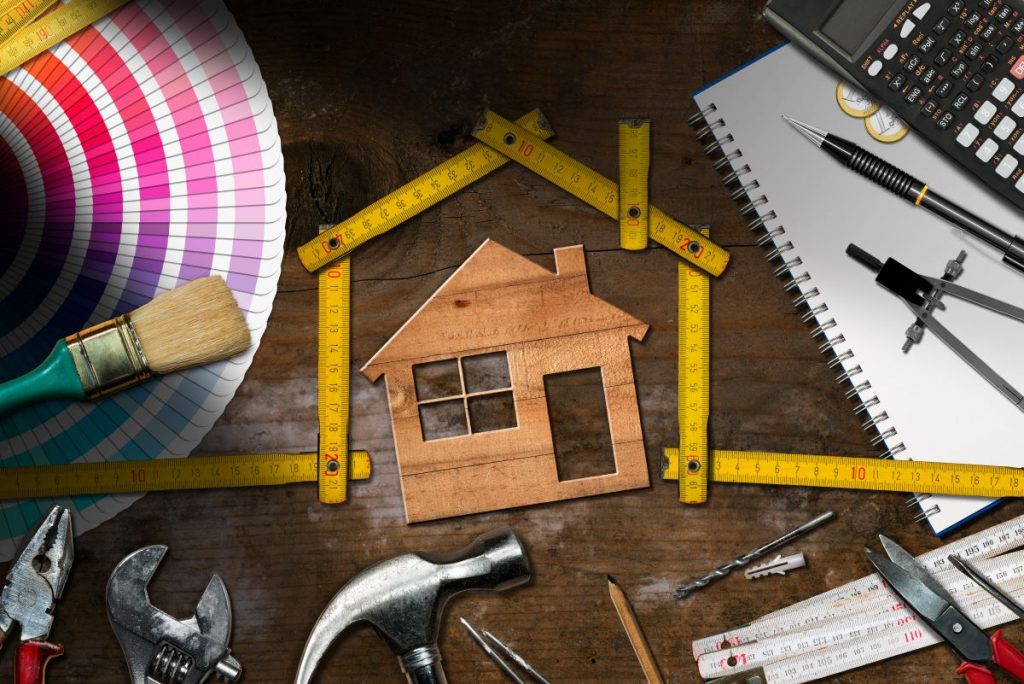When you want to build a home, your friends, peers, and online articles will often advise you to get a loan. Indeed, that’s the fastest and most common way to finance a new home. Some will also advise you to use your savings if you’ve got enough of them because it’ll let you dodge burdensome monthly payments.
But what if you decide to sell your small business to finance your dream house instead? Most of the time, we hear about people who sell their homes to start a small business, but not the other way around. Trading a whole company for a home may be an uncommon approach but a potentially smart one if you know what you’re doing.
How to Sell a Small Business
If you’ve decided to sell your small business, approaching a buyer isn’t the first step you should take. Rather, it’s engaging a qualified exit planning professional for a quality business valuation procedure. Business valuation determines the economic value of a business, including the sale value. And an exit planning professional helps you devise a good exit strategy for your business.
These steps are necessary because selling a business without a plan can put you at a disadvantage in the end. Remember, you’re selling so that you can finance home construction, which doesn’t come cheap. Hence, your goal is to retain as much value in your business. And you can’t do that if you’re barely profiting.
What’s more, it takes an average of four years to sell a business, so you really need to create a plan. Waiting too long to sell won’t just delay the construction of your new home but can also cause you to miss a window of opportunity. So once you’ve formed the goal to build your dream home, start finding potential buyers, all while ensuring that your business stays in a favorable position throughout the process.
When you’re ready to sell, you can hire a broker to represent you or do the work yourself to avoid paying commissions. However, omitting a broker can take up a chunk of your time that you could’ve used to keep the business running. If your absence might risk your business, consider hiring a broker. Otherwise, you can entrust your employees to take charge of the business while focusing on the resale.

Building Your New Home
According to HomeAdvisor, the latest average cost of building a new home is $297,953. As per the U.S. Census Bureau, on the other hand, it’s $397,800. The National Association of Home Builders (NAHB) has a different figure, which is $485,128.
It’s safe to assume that the costs you’ll arrive at will be somewhere within that range. It can also go lower or higher, depending on your abode’s size, location, and materials. Hence, your business has to sell for at least the average price of building a home. Or else, you’d have to take the rest of the amount out of your pocket.
If your business is valued below the average home construction prices, you can take out a construction loan instead. It’s a short-term loan that lets you pay only the interest while the project is underway. After the completion of your home, you can refinance your construction loan into a mortgage, or pay off the balance, depending on your budget.
But there’s a catch to construction loans. They’re often more expensive than a traditional mortgage, and that’s because lenders are taking in more risks. After all, a construction process has more variables, and everyone building a home always ends up going over their budgets. In addition, a construction budget is disbursed at different points during the process. Usually, you pay per stage completed. As such, the lender must verify that the required work has been accomplished to justify the next draw of funds.
In any case, though, whether you borrow money or sell your business, building your home may take anywhere from four months to a year. The bigger and more customized your abode will be, the longer it’ll take to finish building. The location can play a part, too. In areas where permitting is driven by politics, obtaining all the permits, inspections, and approvals you need may take a while. And when construction finally begins, your builder or contractor may discover a lot of issues on your land or design, prolonging the process even further.
So while it’s possible to finance your dream home through a business resale, it won’t necessarily make the construction process faster or easier. But at least, selling your business spares you from costly loans. If you’d rather see your dream home come together without debt in your wake, the wait in selling your business will be worth it.







